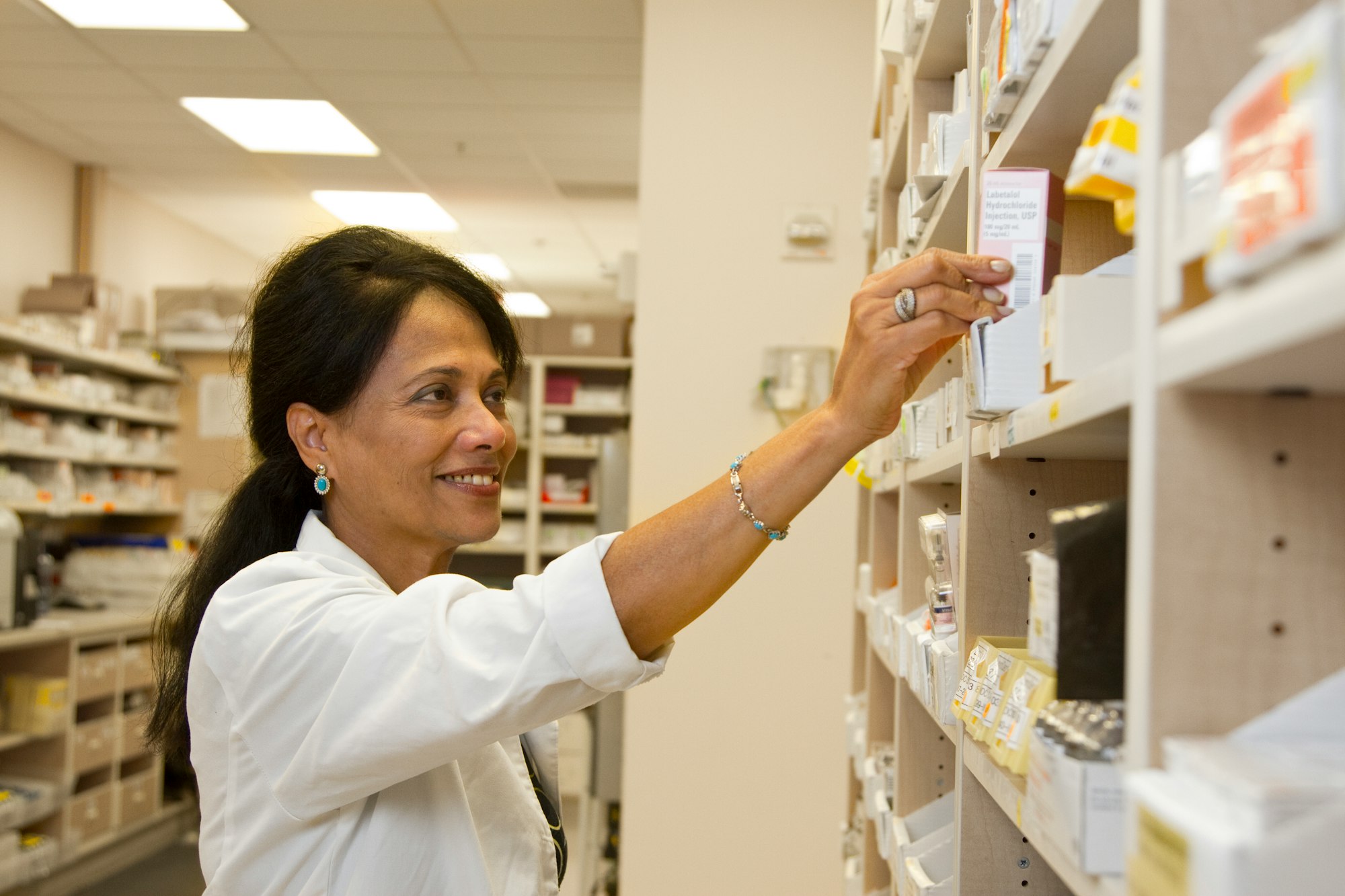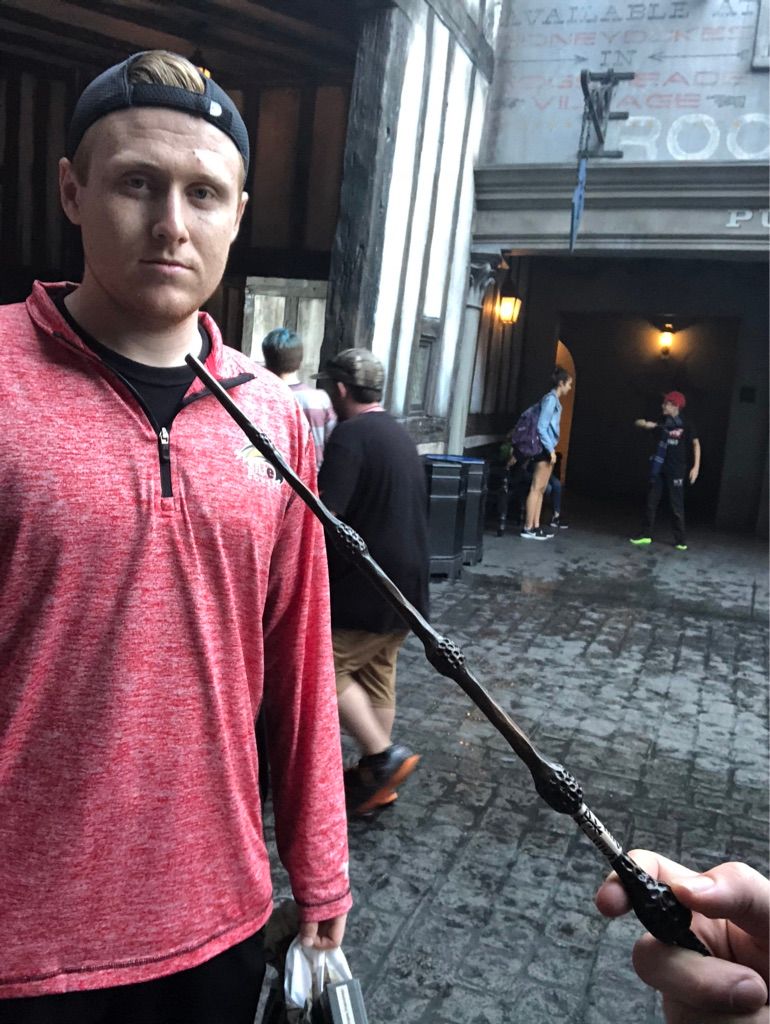Retail Pharmacist: A Day in the Life
Roughly 60% of pharmacy students will end up working a job in the retail sector. As part of the 60%, I’d like to relay some information that I've gathered while working in the field in hopes that it gives future pharmacists a better feel for the day-to-day duties of the job.

Author: Alec Blair, PharmD
Editor: Brentsen Wolf, PharmD
Of the many things I learned from my pharmacy school experience, I am reminded of one particular statistic daily. This message is not an interesting piece of clinical knowledge, nor is it potentially helpful in my day-to-day practice. Roughly 60% of pharmacy students will end up working a job in the retail sector. As part of the 60%, I’d like to relay some information that I've gathered while working in the field in hopes that it gives future pharmacists a better feel for the day-to-day duties of the job.
I am currently employed as a floating pharmacist by a large grocery store chain based in the midwestern United States with pharmacies spanning across states such as Illinois, Indiana, Ohio, Kentucky, and Tennessee. For those unaware of the term “floater” or “floating pharmacist”, this distinction is reserved for those pharmacists who do not have a set location to staff each day. Rather, floaters are expected to travel from one store to another to perform the same duties as your typical store staffer.

A day in the life of a retail pharmacist can vary from pharmacy to pharmacy, and everyone will develop an approach to the day that works best for them. In the midst of a pandemic, staffing shortages, and sometimes tense workplace environments, I have developed an approach that has proven to work well for me.
- Start your day the night before. This rule applies to floaters in particular, however it can prove to be effective in a regular staffing position as well. My approach to the day always starts the night before my shift, especially when scheduled at a store I haven't been to before. I call the pharmacy I am scheduled to work at the next morning to obtain security/lock information, and get a headcount of technicians or overlapping pharmacists I will work with. This quick phone call gives me good insight as to how I should be mapping out my work the following day. As you all know from exam prep, being prepared ahead of time is essential to success.
- Arrive and assess needs. The COVID-19 pandemic has had a profound effect on staffing situations in the retail space as it has left many large corporations employing skeleton crew pharmacy teams, and put smaller independent pharmacies out of business. As a result, retail chains across the country have been implementing new strategies to keep up with the high demand. Some chains have implemented mandatory 30-minute closing of the pharmacy midday for lunch and catching up on work, while some have opted to close on weekends. My employer utilizes a central fill facility, which fills prescriptions offsite and overnight ships them to the stores. This solution has solved many of the volume-related problems we face, but it is not perfect. Our central fill order arrives midday and needs to be hung on the shelves with other finished prescriptions. This often takes a team of technicians to complete and can be time-consuming depending on how big the central fill orders are. As a result, we often fall behind in other areas. This is where we as pharmacists need to understand the needs of our pharmacy and jump in wherever possible.
- Manage your time and be flexible. As a pharmacist, my number one priority is the safety of my patients. It is common practice for a different person to check your work to prevent errors. However, given the current state of retail pharmacy, sometimes that's not possible. For those of you familiar with the swiss cheese model of preventing error, imagine each slice with twice as many holes. I have found myself staffing a store with only one technician and a long line of patients. This often plays out with the technician fully occupied at the register, and me ridin' solo in the back of the pharmacy. Although you may feel pressured, it is extremely important to take your time and avoid rushing your work. In my experience, it helps to work each queue separately instead of falling into the trap of following one prescription through each queue to completion. For those unfamiliar, a queue is a list of prescription-filling tasks that pertain to a specific workflow. For example, the first queue might be entering the scripts into the computer system along with insurance information, which is an entirely separate beast. The next queue is prescription filling, followed by script verification (checking that all of the legal requirements of a prescription are met, the correct medication was dispensed, the correct patient was selected, and no concerning drug-drug or drug-disease interactions exist). Allowing a few minutes between working on the same prescription helps me to prevent errors as I check my own work.
- Be a good person. Although it's number 4 on this list, I am not telling you to wait until the end of the day to be a good person. Instead, make it a priority throughout the entirety of your workday. You will inevitably run into hardheaded, disgruntled, and even violent patients in your time as a retail pharmacist. These situations may lead you to question why you chose such a career. In these moments it is most important to remember that all patients come with their own unique problems and are relying on you to provide safe and effective medicine. Your patients are the heart of the pharmacy. Be kind to them.

All in all, a day as a retail pharmacist goes quickly and comes with its share of headaches just like any other profession. Pharmacists provide an essential service to the community and are typically the easiest to reach healthcare providers. It's a pivotal role in the patient experience, and what we do matters. If you're considering a career in retail, I hope this has provided some insight and helpful recommendations.
Author Bio: Alec Blair graduated with his Doctor of Pharmacy degree from the Southern Illinois University of Edwardsville in May 2021. He is currently employed as a floating pharmacist by a large grocery store chain based in the midwestern United States. In his free time, Alec enjoys playing basketball, video games, and going to the gym. Born in Indiana, he's a real Hoosier at heart.


